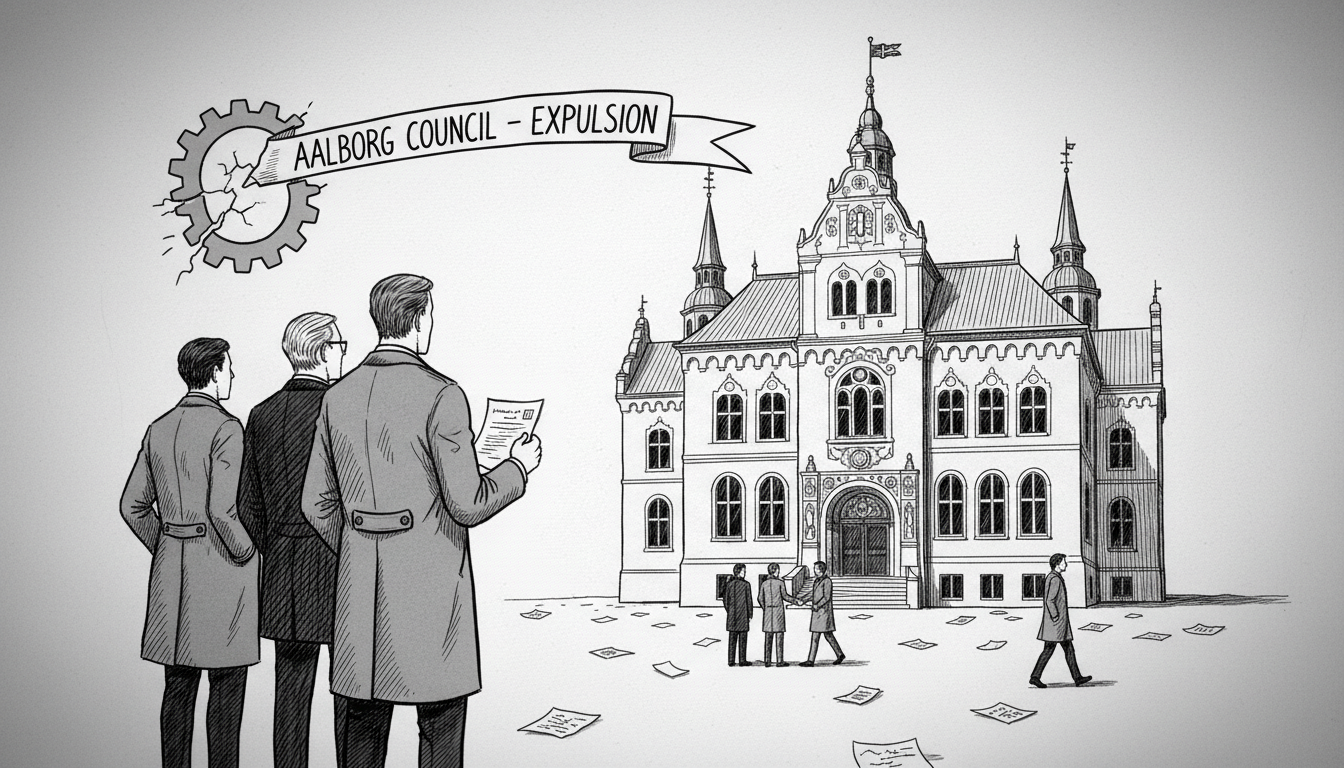The Conservative Party in Aalborg has formally initiated expulsion proceedings against council member Vibeke Gamst. Party officials confirmed the disciplinary action after Gamst crossed political lines to support a rival candidate. This move follows her decisive vote that secured the mayor position for Social Democrat Lasse Frimand Jensen.
Aalborg Conservative Voters Association will hold an extraordinary general meeting to decide the matter. Gamst retains the right to participate in discussions but cannot vote on her own expulsion. The meeting represents the final step in a dramatic political confrontation.
Local Conservative chairman Peter Brix expressed profound disappointment in public comments. He stated Gamst operated without negotiation mandate from the party. Brix characterized her actions as damaging to party interests and contrary to collective decision-making.
Gamst confirmed receiving the expulsion notice but declined further comment. She previously acknowledged expecting disciplinary measures after her political realignment. The council member represents one of three Conservative politicians elected to Aalborg's municipal government.
The political drama unfolded after initial election results suggested Jensen would continue as mayor. A competing coalition then emerged supporting Radical Party candidate Jes Lunde. This alternative majority included Conservative members and appeared set to prevail.
Gamst subsequently shifted allegiance, joining forces with Socialist People's Party, Red-Green Alliance and Social Democrats. Her decisive support reinstated Jensen's mayoral candidacy. This political maneuver collapsed the existing coalition agreement between six parties.
The collapsed agreement involved Radicals, Liberals, Conservatives, Liberal Alliance, Danish People's Party and Denmark Democrats. Together they controlled 16 mandates against 15, which would have secured Lunde's position. Gamst's defection fundamentally altered the political landscape.
Danish municipal politics frequently involves complex coalition building. Council members technically vote independently in mayor elections despite party affiliations. This system sometimes creates situations where individual politicians break ranks on crucial votes.
The Aalborg situation illustrates ongoing tensions within Danish local governments. Party discipline remains challenging to maintain when council members face local pressure versus national party directives. Such conflicts occasionally result in dramatic political realignments.
International observers should understand this reflects Denmark's decentralized political structure. Municipal governments hold substantial authority over local services and planning. Mayor selections often determine policy directions for years, making these votes particularly consequential.
Business communities monitor such political stability closely. Aalborg represents Northern Denmark's economic hub with major renewable energy and manufacturing interests. Political uncertainty could potentially impact regional investment decisions and commercial confidence.
The expulsion process highlights Conservative Party efforts to maintain discipline. Other Danish parties face similar challenges balancing local representation with national consistency. This case may influence how other municipalities approach coalition negotiations and member accountability.

